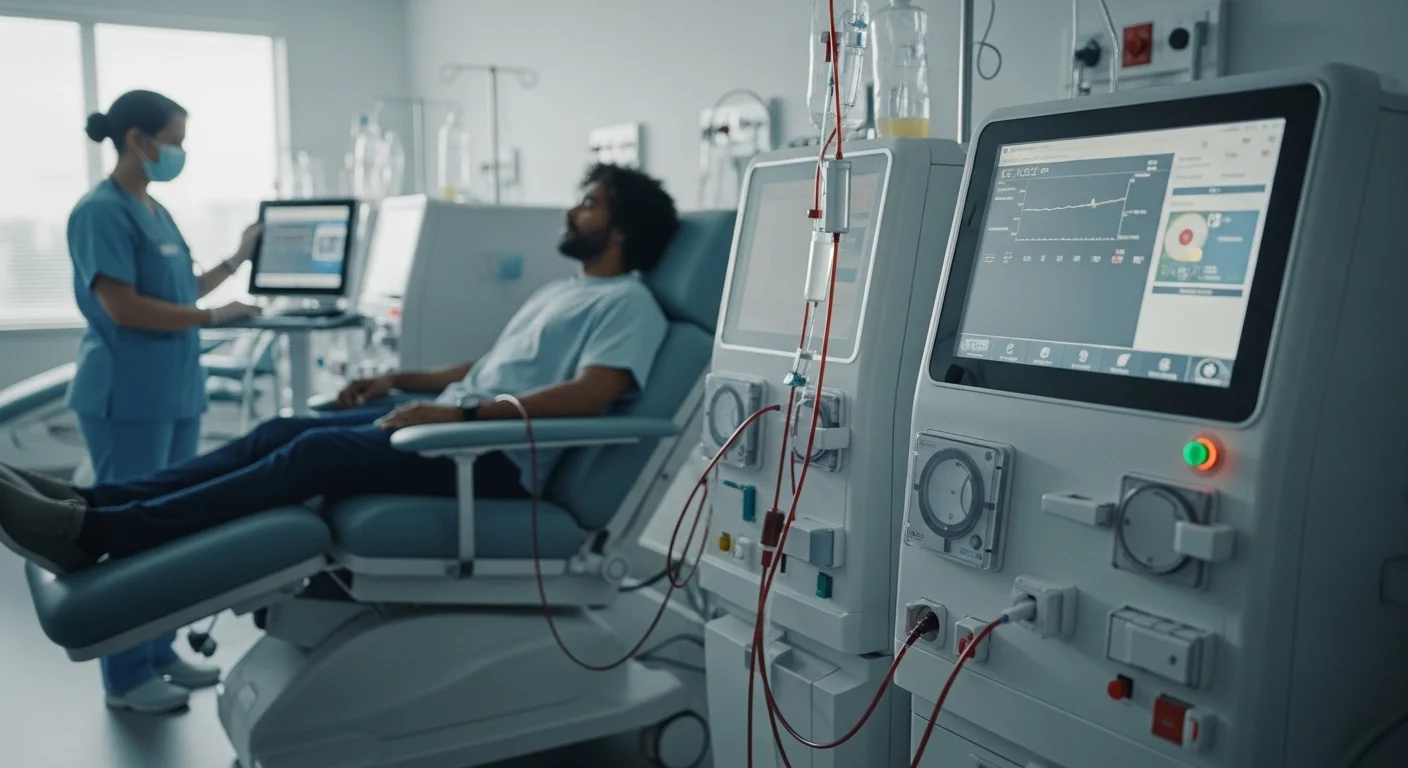The Hidden Dangers of Fast Food: How It Can Impact Your Kidney Health
In today’s fast-paced world, it’s easy to fall into unhealthy habits like frequent binge drinking, relying on delivery food, and neglecting exercise. While these might seem like minor lifestyle choices, they can have severe consequences, especially for your kidney health. A recent case highlights how these habits can lead to long-term damage.
The story of a person who required two kidney transplants serves as a stark reminder of the importance of a healthy lifestyle. This individual, throughout their 20s and 30s, neglected their well-being through excessive alcohol consumption, a diet dominated by delivery food, and a lack of physical activity. This ultimately led to chronic kidney failure, requiring dialysis and eventually, two kidney transplants. Let’s explore the hidden dangers of these habits and how they can impact your kidney health.
The Triple Threat: Alcohol, Fast Food, and Lack of Exercise
The individual’s case underscores the significant impact of three key factors on kidney health: excessive alcohol consumption, a diet heavy in delivery or fast food, and insufficient physical activity. Let’s break down how each of these contributes to kidney problems.
The Alcoholic Assault: How Alcohol Damages Your Kidneys
Excessive alcohol consumption is toxic to the kidneys. Alcohol acts as a diuretic, leading to dehydration and electrolyte imbalances within the body. Chronic alcohol abuse can also cause high blood pressure and liver damage, both of which can indirectly harm the kidneys.
- Alcohol’s diuretic effect leads to dehydration.
- It disrupts electrolyte balance.
- Chronic consumption can cause high blood pressure.
- It can lead to liver damage, further stressing the kidneys.
According to experts, frequent binge drinking can decrease the glomerular filtration rate (GFR), a measure of kidney function. Over time, this can increase the risk of developing chronic kidney disease (CKD).
Fast Food Frenzy: The High-Salt, High-Fat Route to Kidney Damage
Delivery and fast foods are often loaded with sodium and saturated fats. Excessive sodium intake leads to high blood pressure, which puts a strain on the blood vessels in the kidneys, potentially leading to chronic kidney failure.
- High sodium content leads to high blood pressure.
- High blood pressure damages kidney blood vessels.
- Saturated fats increase the risk of obesity and diabetes.
- Obesity and diabetes increase metabolic stress on the kidneys.
Health organizations recommend limiting daily sodium intake. However, people who frequently consume delivery food often exceed this recommendation by a significant margin. Furthermore, diets high in saturated fat increase the risk of obesity and diabetes, both of which can increase the metabolic stress placed on the kidneys.
Sedentary Lifestyle: A Catalyst for Kidney Disease
A lack of exercise contributes to metabolic syndrome, obesity, and type 2 diabetes – all major risk factors for kidney disease.
- Lack of exercise contributes to metabolic syndrome.
- It increases the risk of obesity.
- It raises the risk of type 2 diabetes.
Research suggests that regular aerobic exercise can improve GFR and reduce proteinuria (protein in the urine), indicating improved kidney function. Exercise also improves insulin sensitivity, helping to prevent diabetic nephropathy (kidney damage caused by diabetes). Conversely, a sedentary lifestyle deprives the body of these protective mechanisms, accelerating the decline of kidney function.
Protecting Your Kidneys: A Guide to Healthy Habits
To safeguard your kidney health, consider adopting these lifestyle recommendations:
- Aim for at least 150 minutes of aerobic exercise per week.
- Limit daily sodium intake.
- Reduce your consumption of saturated fats and refined sugars.
- Moderate alcohol consumption.
- Get regular check-ups for blood pressure, blood sugar, and kidney function (GFR, creatinine levels).
The kidneys are vital organs responsible for filtering waste and maintaining electrolyte balance. However, kidney damage often progresses silently, with symptoms like fatigue, swelling, and changes in urination appearing only after significant damage has occurred. Therefore, adopting healthy lifestyle habits and undergoing regular check-ups are crucial for early detection and prevention.




